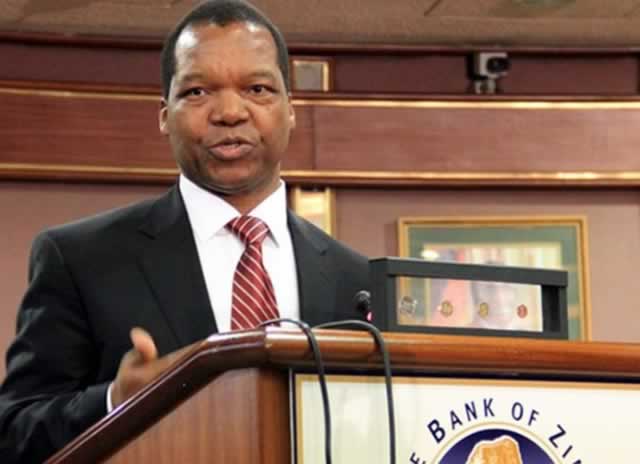Zim needs economic transformation programme: IMF

Business Reporter
THE International Monetary Fund has stressed that Zimbabwe should move fast to implement a comprehensive economic transformation programme saying there is no time to waste.
The economic transformation programme would be one of the steps that Zimbabwe needs to implement before enjoying financial support from the IMF, the World Bank and other international financial institutions.
Addressing a Press conference on Zimbabwe via a conference call, head of mission for the Staff Monitored Programme and Article IV Consultations Domenico Fanizza said apart from having to repay its arrears to IMF, the World Bank, African Development Bank, Paris Club and other bilateral creditors, the country needs an economic transformation programme, in order to begin to attract financial assistance.
“Zimbabwe needs to repay these arrears to the World Bank and other international financial institutions. The second step will be to actually have consensus among creditors about the process and an ambitious comprehensive economic transformation programme on the base of which Zimbabwe could ask for support from the IMF and financial support from the World Bank, AfDB and the Paris Club,” said Mr Fanizza.
“So, all these things need to happen before Zimbabwe can enjoy financial support from the international financial institutions. There is a lot of work to be done. There is no time to be wasted,” he said.
Reforms need to take place now, according to Mr Fanizza.
“So Zimbabwe cannot wait for the financing in order to start the process of radical economic transformation process,” he said.
Mr Fanizza’s address follows Zimbabwe’s successful conclusion of the Staff Monitored Programme and the adoption of the mission’s report by the fund’s board of directors on Monday.
The IMF board commended Zimbabwe for the successful implementation of economic policies under the staff-monitored programme despite difficult domestic and external circumstances but emphasised that the country should implement a comprehensive economic policy adjustment agenda.
Some of the structural issues that IMF wants clarified include achieving a sustainable fiscal position which requires a significant reduction in the wage bill, while rebalancing the budget toward much-needed infrastructure investment and social outlays to stimulate growth, among other measures.
Zimbabwe should also accelerate the reform of State-owned enterprises, strengthening public financial management, and enhancing transparency in the mining sector.
The IMF urged Zimbabwe to implement the indigenisation policy in a fairly and to resolve outstanding land issues swiftly.
“There is a need to implement the indigenisation policy in a business-friendly and transparent manner,” said Mr Fanizza.
On land issues he said Zimbabwe is working to resolve issues on making land bankable.
The fund said going forward, Zimbabwean authorities intend to reduce the size of the wage bill to re-orient spending towards priority capital and social outlays.
Improve debt management, develop a comprehensive public financial management strategy, and strengthen VAT policy and key processes in revenue administration and improve the business environment, including a transparent and consistent application of their indigenisation policy and a new comprehensive land reform programme.
The latter would include a framework for land compensation.











Comments